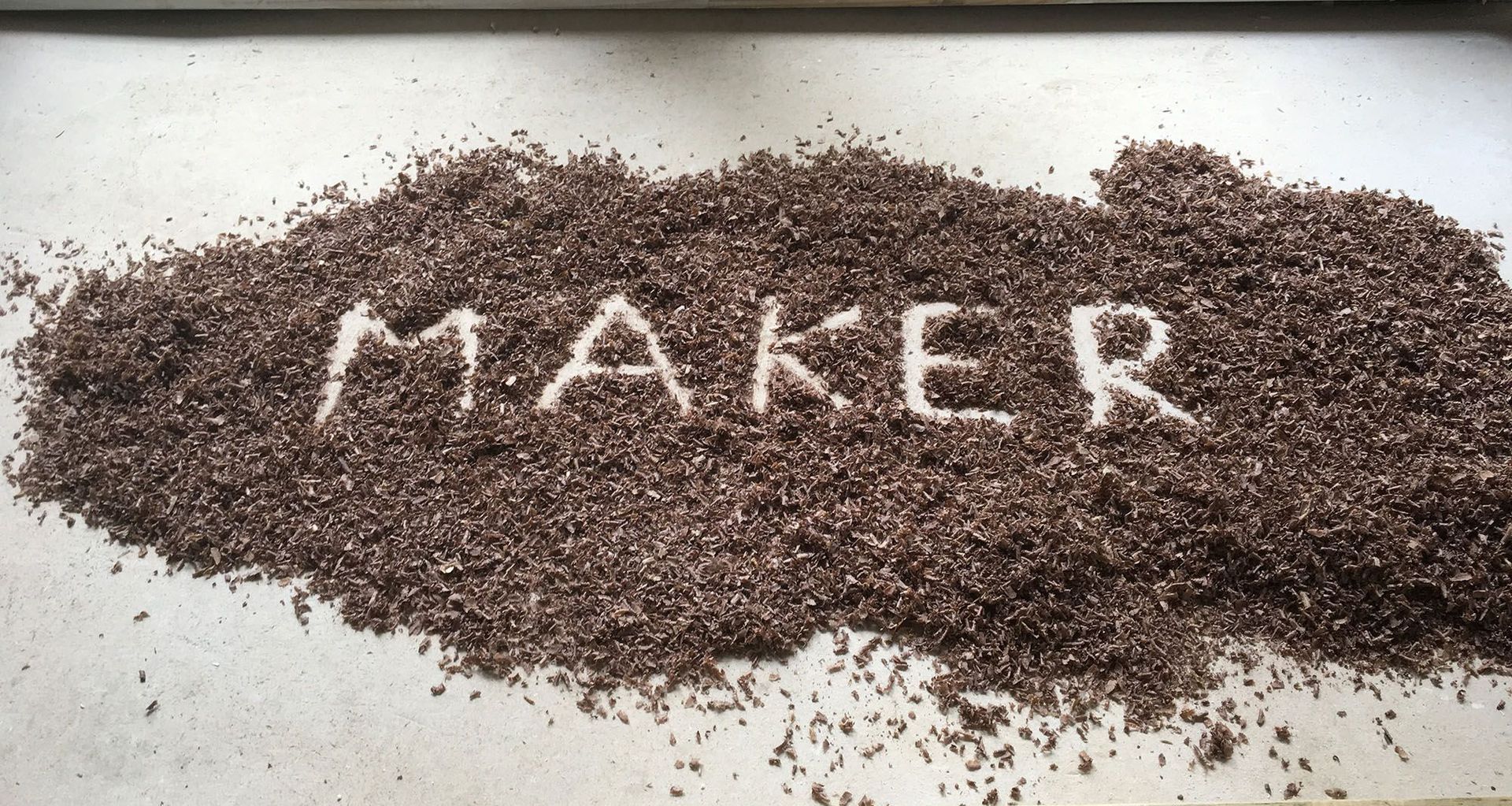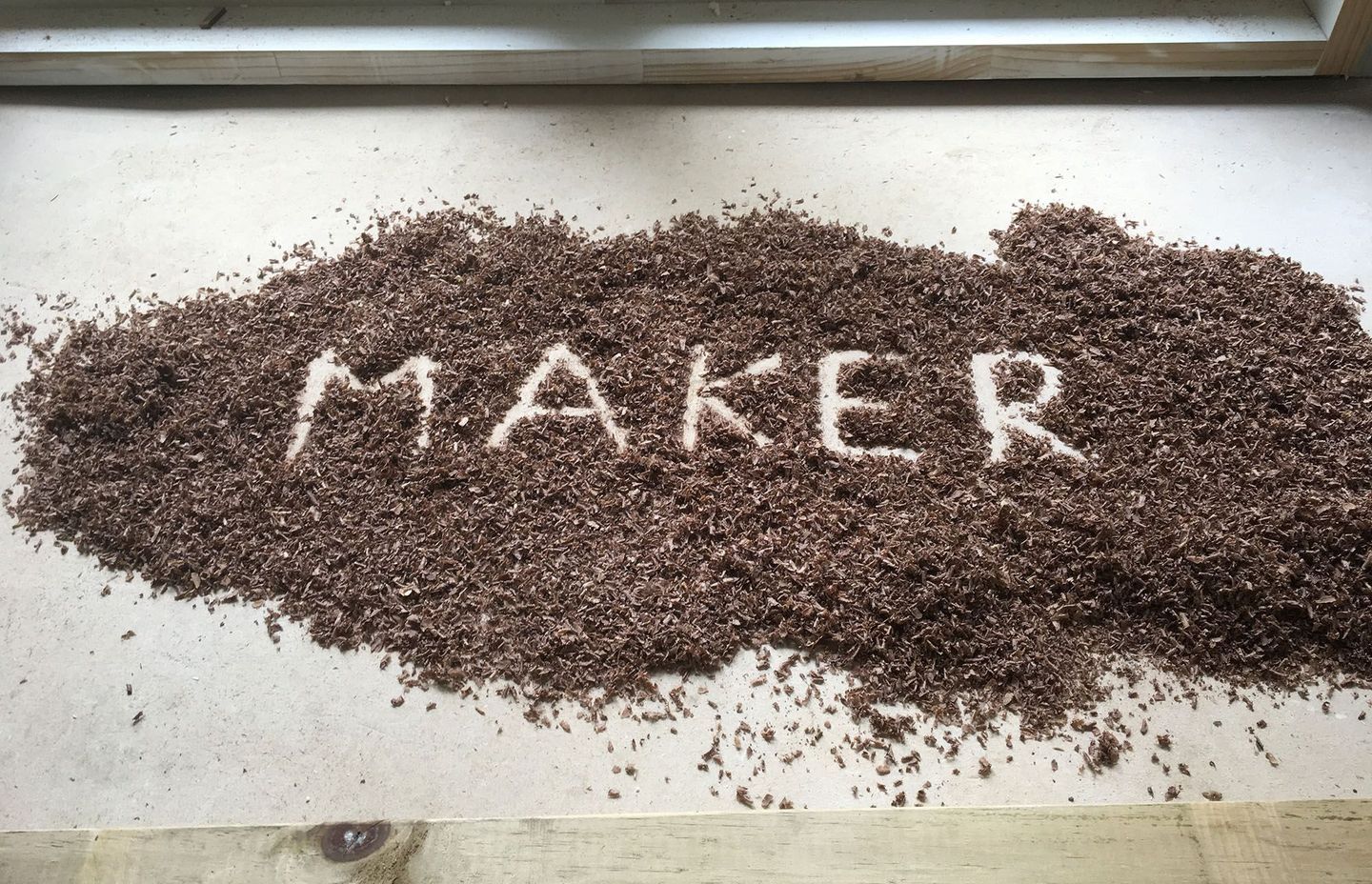What is a Maker?

I HAVE BEEN ASKED ON OCCASION “WHAT DOES THE MAKER PART IN YOUR NAME MEAN?”
People have read The Smithery brand byline - Builders & Makers and looked somewhat confused at how the word “make” co-exists with ”build”. It might be that the building trade has evolved so far that your average builder no longer makes anything. Builders are becoming assemblers simply cutting prescribed manufactured parts to length and nailing them together. Or installing pre-hung doors with pre-installed hardware, pre-made timber frames, pre-made stairs and pre-made cabinets. The list goes on.
This assembler trend has been gaining pace over the years. Some might call this efficient or say the quality is better and people are becoming “more specialised” or there is more choice.
I am not motivated by money and I believe most people are actually more motivated by doing good work. At The Smithery we are Builders but we are still Makers. We are not restricted with design or limited by available materials and products such as (treated pre-primed finger jointed pine) as we have the ability to fit, scribe and size anything so it is just right. We can produce work that is crisp, straight and finished right off our tools, because we have the skill and work ethic to do so. We can match a curve or make a moulding because of our attention to detail. We can match or orientate the grain direction because we have the knowledge and the care to do so. We can look after our own work and respect the work of others. We can produce work of quality that only the Maker can truly appreciate, That is why we do it. That is why we are The Smithery.
I disagree. I think this is one of the causes for low quality products and workmanship in the building industry and progressive 'dumbing down' of skills by tradespeople that restricts design. Doors are a perfect example. Previously when pre-hung doors have turned up to my site there have been machine marks all through the edges, frames split (as there has been no pilot holes drilled), damaged edges and purple chip board in the centre. Workmanship of that quality does not come from a tradesperson with pride or skill.
In the industrial revolution big business decided people were lazy and the only way to motivate them was with money, and the only way to make more money was to make things faster. Therefore the factory environment was created. In turn it was no longer necessary to employ skilled workers who could make the entire product from start to finish, when they could train an unskilled worker to do one task only. With this series of events people no longer had valued “work”, they had a “job”, making it even more difficult to motivate staff to do good work.

